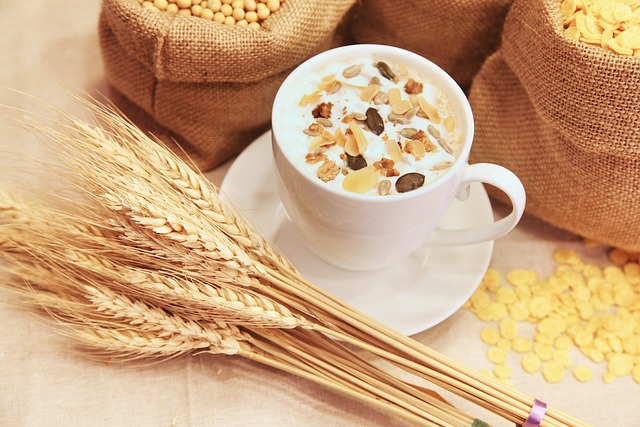Beyond Yogurt: Discovering Probiotic Sources You Never Knew Existed!

Probiotics have gained significant popularity in recent years for their numerous health benefits. While yogurt has long been celebrated as a probiotic-rich food, there are actually many other sources of these beneficial microorganisms that fly under the radar. In this article, we will explore some lesser-known probiotic sources that you may not have known existed.
Sauerkraut
Sauerkraut, a traditional fermented cabbage dish, is brimming with live bacteria that are beneficial for your gut. The fermentation process enables the growth of Lactobacillus bacteria, a strain that contributes to digestive health and boosts the immune system. Next time you’re in the mood for a tangy side dish, consider adding sauerkraut to your plate.
Kimchi
Kimchi, a staple in Korean cuisine, is another probiotic powerhouse. Made from fermented vegetables, such as cabbage, radishes, and scallions, kimchi packs a flavorful punch while delivering a range of helpful bacteria. The mix of spices and fermentation process creates an ideal environment for probiotic growth, making kimchi a delicious and nutritious addition to any meal.
Kombucha
Kombucha is a fizzy, fermented drink made from tea, sugar, and a symbiotic culture of bacteria and yeast (SCOBY). This combination undergoes fermentation, resulting in a tangy and effervescent beverage that is surprisingly rich in probiotics. Kombucha is available in a variety of flavors, making it a refreshing alternative to traditional sugary drinks while providing your gut with beneficial bacteria.
Miso
Miso is a traditional Japanese seasoning made by fermenting soybeans with salt and koji, a type of fungus. The fermentation process not only provides a unique umami flavor but also generates probiotics in the form of Lactobacillus and other beneficial bacteria. Incorporating miso into your diet can introduce a savory boost of probiotics and enhance the taste of soups, dressings, and marinades.
Tempeh
Tempeh is a plant-based protein source made from fermented soybeans that originated in Indonesia. During the fermentation process, the soybeans are bound together by a white mycelium, which is a network of beneficial mold. Unlike many other fermented soy products, tempeh contains live bacteria, particularly strains of Bacillus subtilis, which support gut health and digestion.

Probiotic Supplements
While natural food sources are a great way to incorporate probiotics into your diet, there are also numerous probiotic supplements available in the market. These supplements often contain a variety of probiotic strains specially formulated to support gut health. If you struggle to consume probiotic-rich foods or want to ensure you are getting a sufficient daily dosage of probiotics, supplements can be a convenient option to consider.
Closing Thoughts
Probiotics play a crucial role in maintaining a healthy gut and overall well-being. While yogurt is the most well-known source of probiotics, don’t limit yourself to only this option. Sauerkraut, kimchi, kombucha, miso, tempeh, and probiotic supplements







